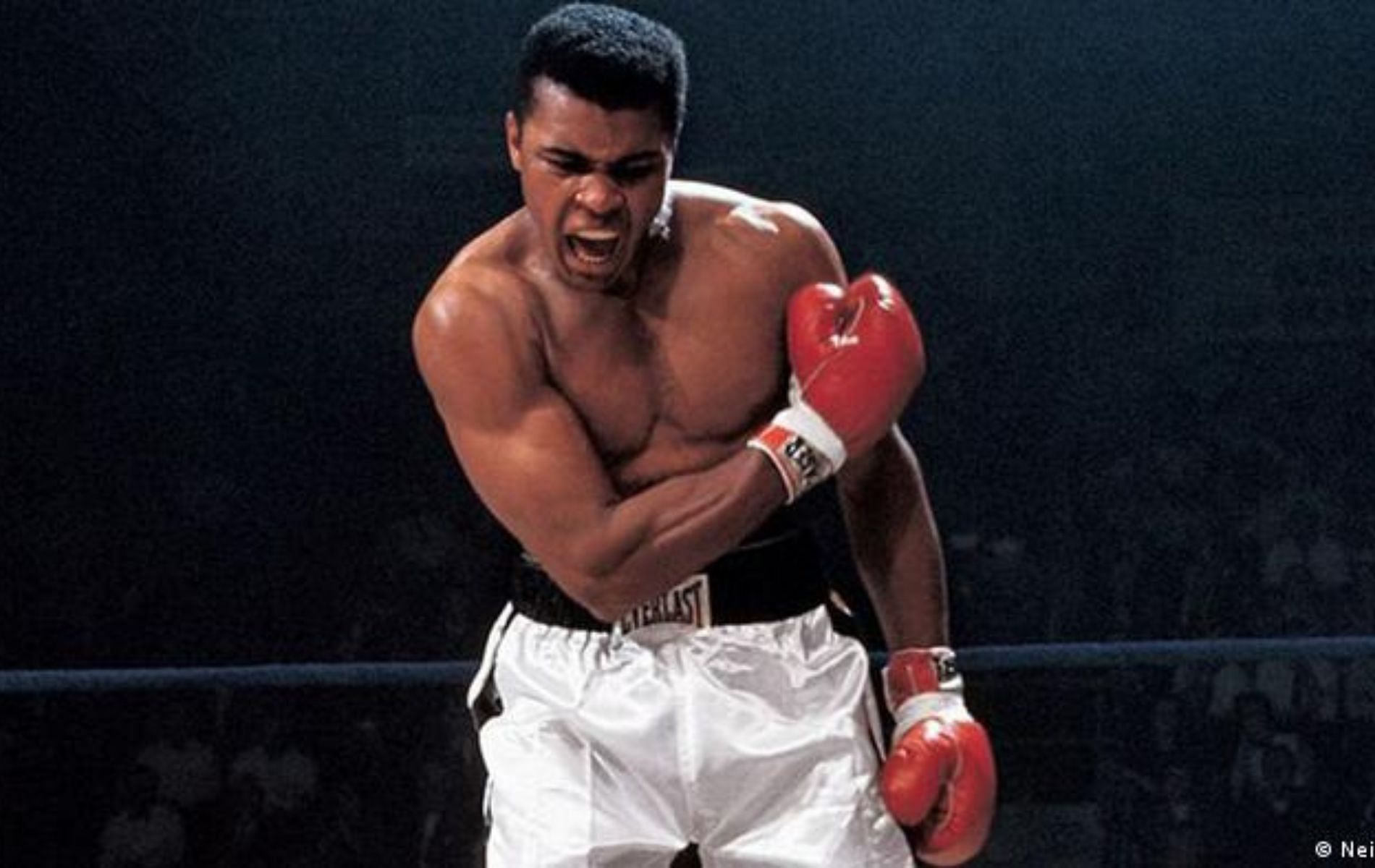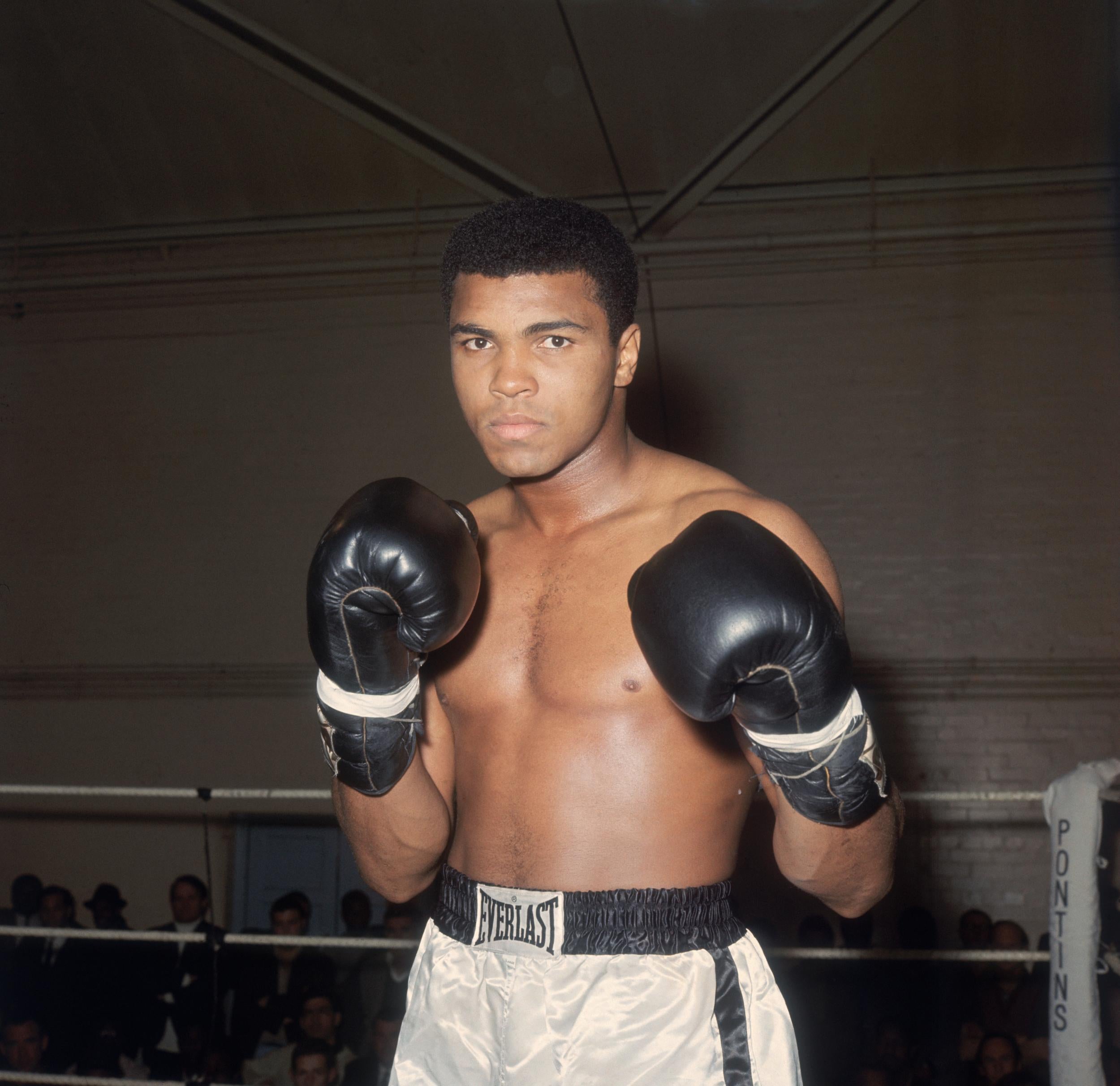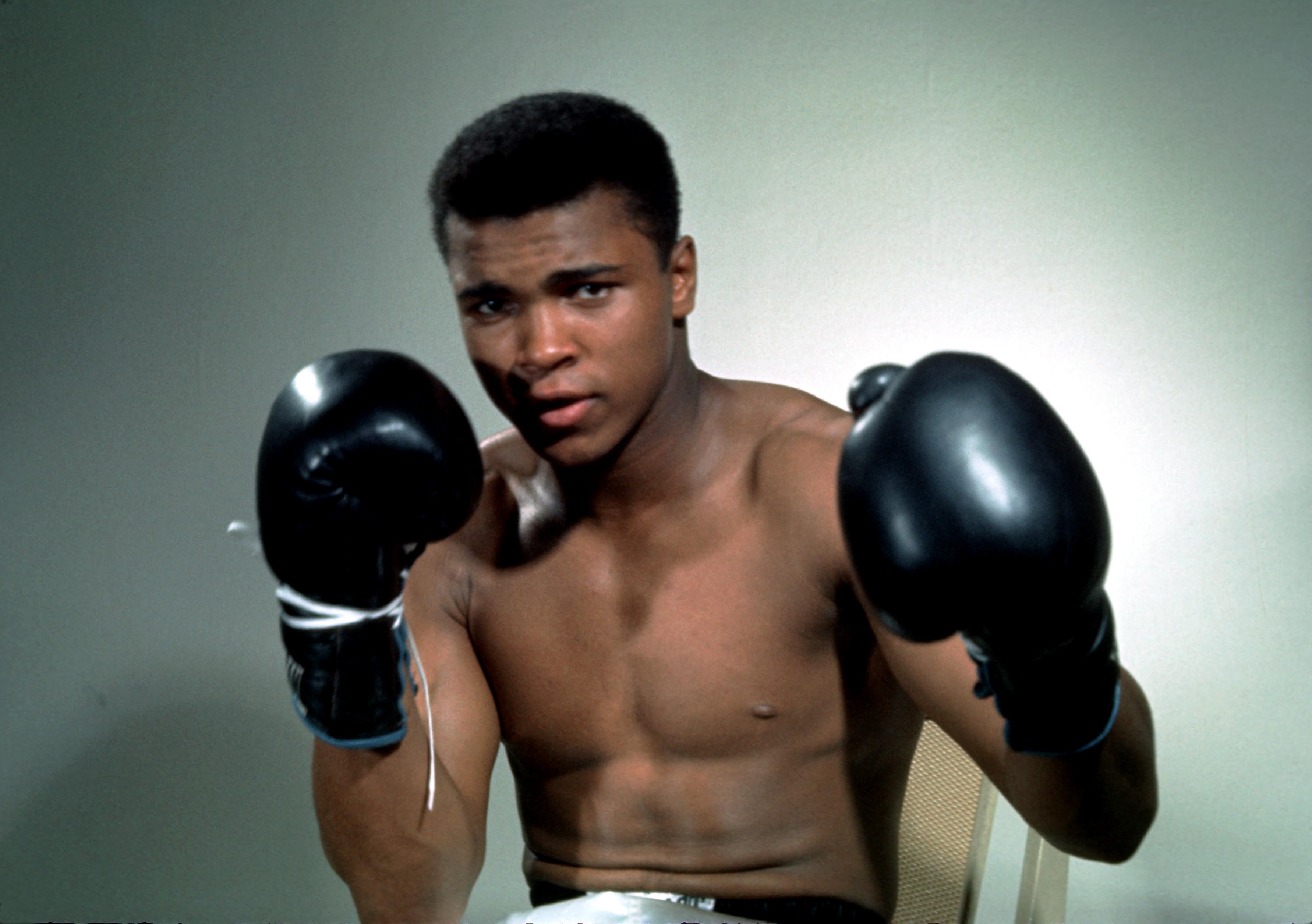Muhammad Ali's record is more than just numbers; it encapsulates the journey of a man who transformed the world of boxing and became an icon of peace and social justice. Born on January 17, 1942, in Louisville, Kentucky, Ali's remarkable career spanned over two decades, during which he became a three-time world heavyweight champion. His unique fighting style, charisma, and unwavering principles made him a household name. In this article, we will explore the details of Muhammad Ali's record, his impact on the sport, and how he remains a source of inspiration today.
From his early days as Cassius Clay to his transformation into Muhammad Ali, he not only dominated the boxing ring but also engaged in significant social and political discourse. His epic battles against legends like Joe Frazier, George Foreman, and Sonny Liston are still celebrated in the annals of sports history. This article will delve into the statistics of his fights, his victories, defeats, and the legacy he left behind.
Join us as we uncover the milestones of Muhammad Ali's record and the essence of what made him "The Greatest." Whether you are a boxing enthusiast or a newcomer to the sport, this comprehensive analysis will provide valuable insights into the life of an extraordinary athlete.
- Who Is Poodle Moth On The Masked Singer Unveiling The Mystery Behind The Mask
- Discovering The Cast Of Murphy Brown A Deep Dive Into The Iconic Sitcom
Table of Contents
- 1. Biography of Muhammad Ali
- 2. Early Career and Rise to Fame
- 3. Championships and Major Fights
- 4. Fighting Style and Techniques
- 5. Impact on Boxing and Society
- 6. Record and Statistics
- 7. Legacy and Influence
- 8. Conclusion
1. Biography of Muhammad Ali
Muhammad Ali, born Cassius Marcellus Clay Jr., was a professional boxer and cultural icon known for his quick footwork and dazzling speed. His early life was marked by the struggles of the civil rights movement, which shaped his views and actions throughout his career.
| Personal Information | Details |
|---|---|
| Name | Muhammad Ali |
| Birth Date | January 17, 1942 |
| Birth Place | Louisville, Kentucky, USA |
| Death Date | June 3, 2016 |
| Profession | Professional Boxer |
| Height | 6 ft 3 in (191 cm) |
| Weight Class | Heavyweight |
2. Early Career and Rise to Fame
Ali first gained national attention when he won a gold medal in the light heavyweight division at the 1960 Rome Olympics. After turning professional, he quickly became known for his unorthodox style and braggadocio. His victory over Sonny Liston in 1964 is often cited as the moment he became a household name.
Key Early Fights
- Defeated Archie Moore (1962)
- Won against Sonny Liston (1964)
- Victory over Floyd Patterson (1965)
3. Championships and Major Fights
Throughout his career, Ali faced many formidable opponents. His most notable fights include the "Fight of the Century" against Joe Frazier, the "Rumble in the Jungle" against George Foreman, and the "Thrilla in Manila," also against Frazier.
- Tony Hawk Skateboard The Legend Of Skateboarding
- Kingsman The Blue Blood Unveiling The Secrets Behind The Iconic Franchise
Notable Championships
- WBA Heavyweight Champion (1964-1967)
- WBC Heavyweight Champion (1974-1978)
- Lineal Heavyweight Champion (1964-1967, 1974-1978)
4. Fighting Style and Techniques
Muhammad Ali is renowned for his unique fighting style, characterized by speed, agility, and quick reflexes. He famously used the strategy of "float like a butterfly, sting like a bee," which allowed him to evade punches while delivering his own with precision.
Techniques Used by Ali
- Jab: Quick and effective for maintaining distance.
- Footwork: Exceptional mobility to avoid punches.
- Counterpunching: Used his opponent's momentum against them.
5. Impact on Boxing and Society
Apart from his boxing achievements, Ali was a vocal advocate for civil rights and social justice. He refused to be drafted into the Vietnam War, citing his religious beliefs and opposition to the conflict, which resulted in a significant legal battle and a temporary ban from boxing.
Social Impact
- Prominence in the Civil Rights Movement
- Advocacy for religious freedom and social justice
- Role model for future athletes in activism
6. Record and Statistics
Muhammad Ali's boxing record is an impressive testament to his skill and determination. He fought a total of 61 professional bouts, winning 56 and losing only 5. His record includes 37 knockouts, showcasing his power and finishing ability in the ring.
Career Statistics
- Total Fights: 61
- Wins: 56
- Knockouts: 37
- Losses: 5
7. Legacy and Influence
Muhammad Ali's legacy extends far beyond boxing. He is remembered as a symbol of resilience, courage, and the fight for social justice. His influence continues to inspire athletes and activists worldwide, proving that sports can be a platform for change.
Continuing Influence
- Ali Center in Louisville: A museum dedicated to his life and work.
- Global recognition through awards and honors posthumously.
- Inspiration for movies, documentaries, and literary works.
8. Conclusion
Muhammad Ali's record is a remarkable narrative of talent, courage, and social responsibility. From his stunning victories in the ring to his unwavering stance on social issues, Ali's contributions to boxing and society are unparalleled. As we reflect on his life, we are encouraged to stand up for our beliefs and strive for greatness in our endeavors.
We invite you to share your thoughts about Muhammad Ali. What aspects of his life inspire you the most? Leave a comment below, and don't forget to share this article with fellow boxing fans!
Thank you for reading, and we look forward to seeing you back here for more exciting content!
- Selena Gomez Show A Deep Dive Into Her Impact On Entertainment
- Who Is Poodle Moth On The Masked Singer Unveiling The Mystery Behind The Mask


